Simple process transforms PET plastic into a nanomaterial for supercapacitors
Green Car Congress
AUGUST 14, 2020
UC Riverside (UCR) engineers have developed a way to recycle PET (polyethylene terephthalate) plastic waste, such as soda or water bottles, into a nanomaterial useful for energy storage. Then, using an electrospinning process, they fabricated microscopic fibers from the polymer and carbonized the plastic threads in a furnace.

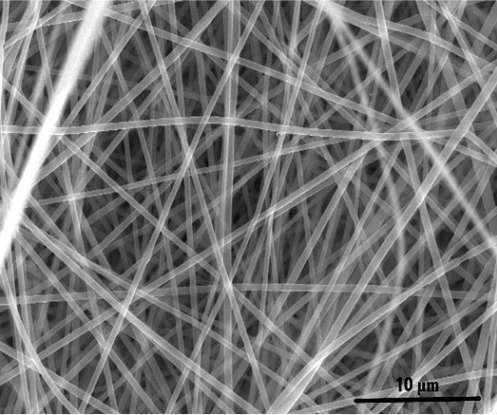
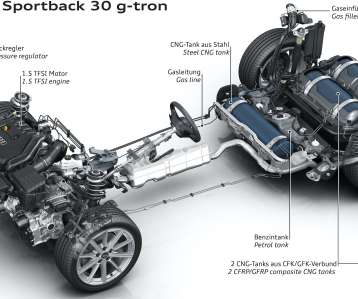

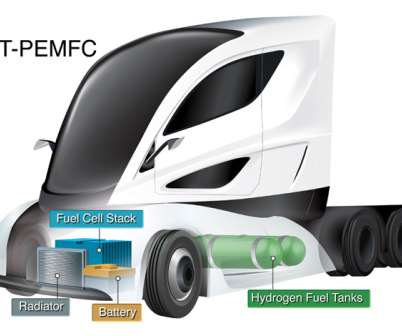




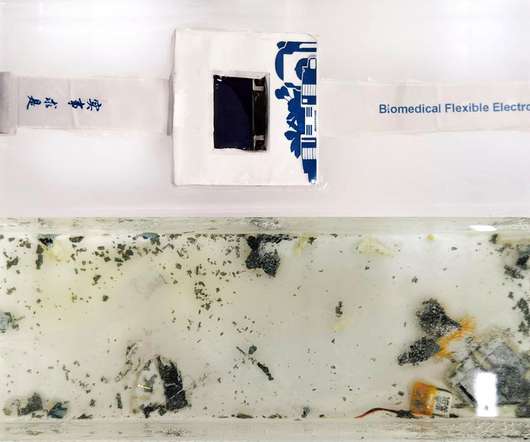
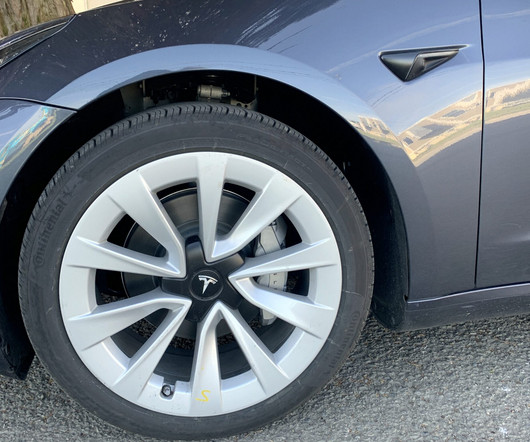



















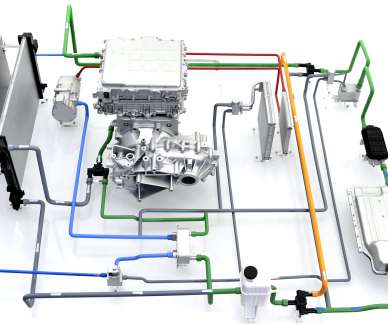







Let's personalize your content